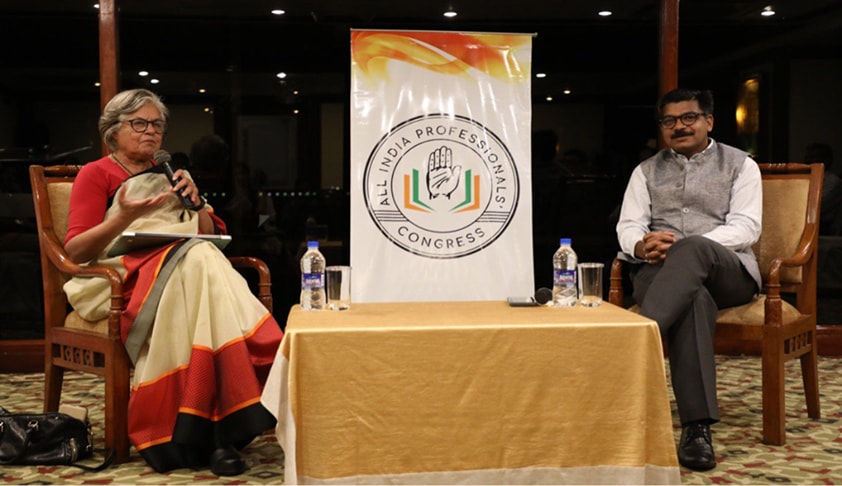Real Heroes Are The Insiders Who Speak From Within The System: Indira Jaising
Manu Sebastian
30 April 2018 7:57 PM IST

Next Story
30 April 2018 7:57 PM IST
Terming the press conference held by four senior Supreme Court judges on the 12th of January historic, senior advocate Indira Jaising has said the real heroes are the insiders who speak from within the system for its reformation. She drew parallels from the likes of Edward Snowden, who fight systemic decay from within. The activist-lawyer was speaking in Kochi in the ‘Hot Seat’...
